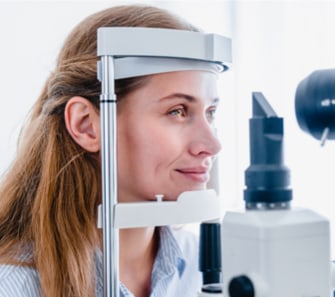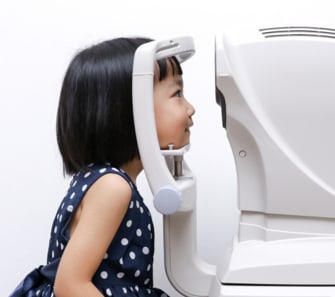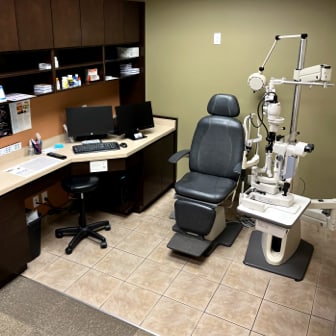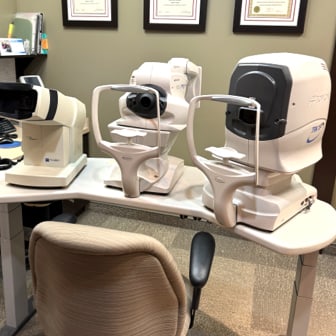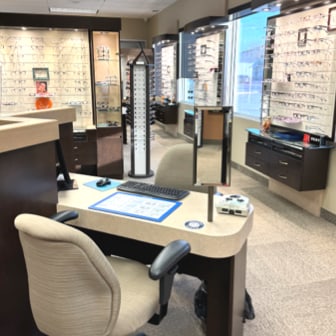Approximately 1 in 6 Canadians suffer from eye allergies, with the major cause being seasonal allergens. There are 3 separate groups of causes for eye allergies, though the majority of Canadians have seasonal allergies.
Eye allergies are not the same as pink eye/red eye (Conjunctivitis), though they may display similar symptoms.
When allergens come in contact with your body, they attach themselves to your antibodies. Your immune system identifies them as dangerous invaders and a response is set in place. The mast cells in your eyes, loaded with histamine, begin to release their contents in an attempt to ‘fight’ these invaders.
Essentially, this is a huge overreaction of the immune system to typically harmless allergens.
Common Eye Allergy Triggers
- Outdoor Allergens – Pollen, grass, trees, or weeds
- Indoor Allergens – Feathers in bedding, pet dander, dust mites or mold
- Irritants – Cigarette smoke, perfume, eye makeup, or vehicle exhaust
Symptoms of Eye Allergies
The following symptoms may be experienced in any combination:
- Burning sensation
- Increased light sensitivity
- Excessive tearing (runny eyes)
- Whites of the eyes are red, eyelids may be too
- Itchy eyes
These symptoms may also be accompanied by a stuffy nose and sneezing.
Managing and Treating Eye Allergies
The cause of your eye allergies will dictate how we approach treatment and management of your symptoms.
The best course of action is typically not feasible, requiring the eradication of the allergen causing your reaction. This can be exceptionally difficult for seasonal allergy sufferers, as you can’t stay cooped up in your house for several months- it just isn’t realistic.
Managing Eye Allergies
We have put together a list of options to help you manage your allergy symptoms, depending on your lifestyle and the cause of your eye allergies.
- Reduce Exposure to Allergens
- Reduce dust in your home
- Invest in high quality air filters for your furnace and air conditioner
- Wash your bedding often
- Stay indoors during peak allergy season (when possible)
- Resist Rubbing Your Eyes! – We know this is a tough one, but rubbing your eyes will only aggravate and possibly worsen your symptoms.
- Antihistamines – Antihistamines work to prevent your immune system’s reaction of releasing histamine from your eyes mast cells. They can be purchased over the counter and come in the form of oral medication, prescription eye drops, and patches.
- Prescription Medication – If traditional allergy medications do not alleviate your allergies, our Optometrist may prescribe a more aggressive form of allergy medication.
- Protect Your Eyes – To reduce pollen and other environmental allergens from getting into your eyes, we recommend wearing eyeglasses and sunglasses.










